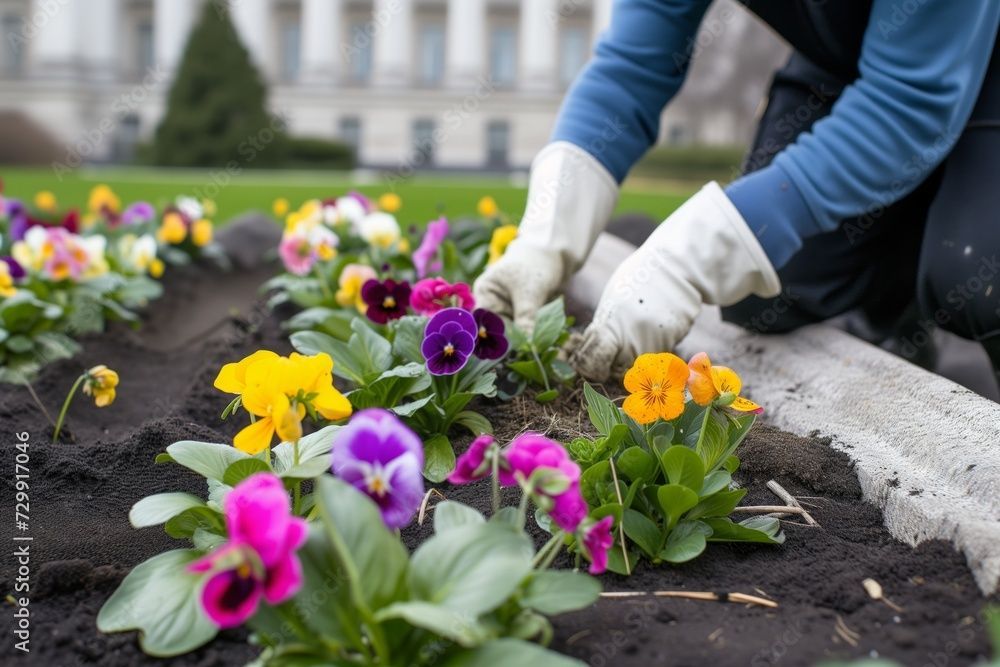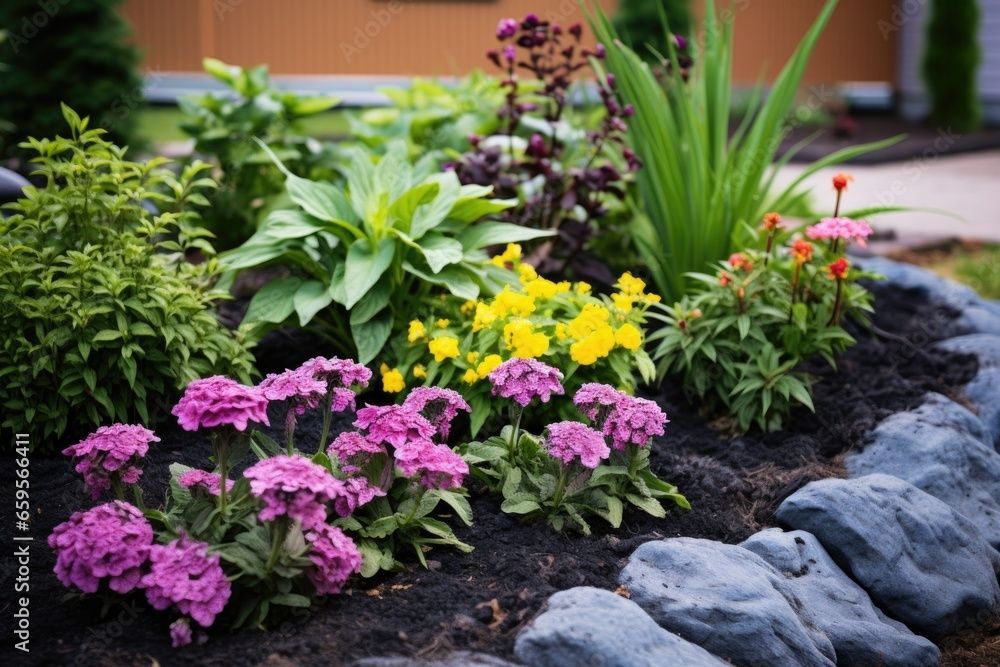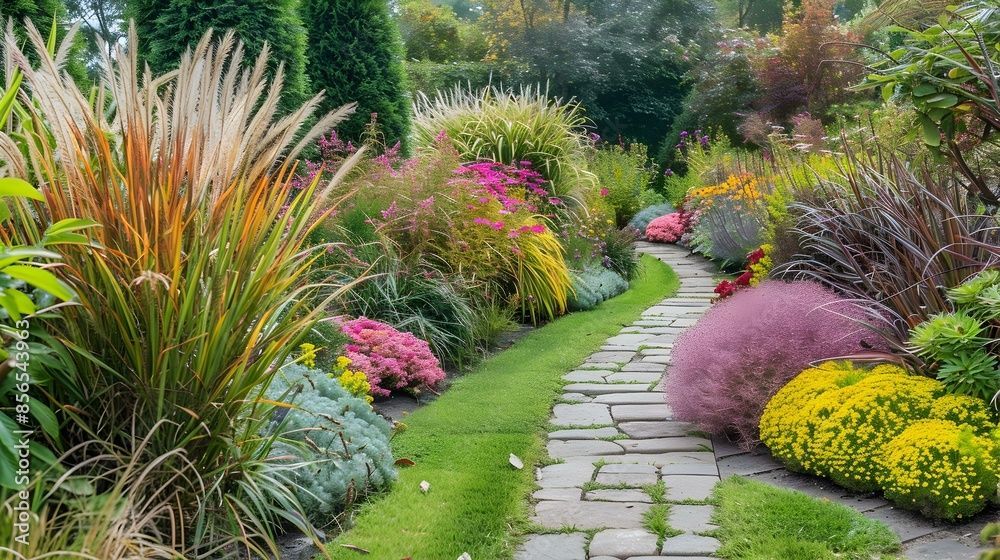Sustainable Gardening: How Eco-Friendly Plant Choices Can Transform Your Garden
Sustainable gardening is a growing movement that aims to create beautiful, thriving gardens while minimising environmental impact. With climate change, biodiversity loss, and resource scarcity becoming critical issues, making eco-friendly plant choices can significantly reduce the resources required for garden maintenance. In doing so, you can create a garden that is both low-maintenance and environmentally responsible, contributing positively to your local ecosystem.
One of the key elements of sustainable gardening is selecting plants that require fewer resources, particularly water. Drought-tolerant plants, such as lavender, rosemary, and succulents, have adapted to thrive in dry conditions, making them ideal for conserving water. These plants are not only low-maintenance but also add vibrant colours and textures to gardens, requiring minimal care once established. As water scarcity becomes a more pressing issue, particularly during dry spells in the UK, choosing plants that can thrive with limited watering is a crucial step towards sustainable gardening.
Another way to reduce the environmental impact of your garden is by opting for native plant species. Native plants are those that have evolved naturally in a particular region and are well-suited to local soil, climate, and wildlife. In the UK, plants like foxglove, primrose, and hawthorn are excellent choices. Native plants have the advantage of being more resilient to local pests and diseases, meaning they require fewer chemical treatments. They also provide essential food and shelter for local wildlife, helping to boost biodiversity in your garden.
Supporting pollinators is another important aspect of sustainable gardening. Bees, butterflies, and other pollinators play a vital role in maintaining healthy ecosystems, but their populations are in decline due to habitat loss and pesticide use. By planting pollinator-friendly species like echinacea, buddleia, and bee balm, you can help create a haven for these creatures in your garden. These plants not only attract pollinators but also add a splash of colour and fragrance to your garden. Creating a space that supports biodiversity contributes to the health of local ecosystems while enhancing the natural beauty of your garden.
Reducing plastic waste is another critical consideration for sustainable gardening. Many traditional plant pots are made from plastic, which contributes to environmental pollution. At UK Wholesale Plants, we offer biodegradable Coir pots as an eco-friendly alternative. These pots, made from coconut husks, naturally decompose over time, leaving no harmful waste behind. By using biodegradable materials, you can further reduce your garden’s environmental impact and contribute to the movement towards sustainable horticulture.
In addition to selecting sustainable plants, maintaining healthy soil is essential for long-term garden success. Composting is one of the best ways to improve soil health naturally. By composting organic waste like kitchen scraps, leaves, and grass clippings, you can create nutrient-rich compost that improves soil structure, retains moisture, and reduces the need for chemical fertilisers. Organic mulch, such as wood chips or straw, can also help retain soil moisture, suppress weeds, and gradually add nutrients back into the soil, making it a valuable addition to sustainable gardens.
Ultimately, sustainable gardening is about making thoughtful choices that benefit both your garden and the environment. By selecting drought-tolerant, native, and pollinator-friendly plants, using biodegradable pots, and maintaining healthy soil through composting, you can create a garden that is not only beautiful but also eco-friendly. These small, sustainable steps can have a big impact, transforming your garden into a thriving, environmentally conscious space that supports local biodiversity, conserves resources, and contributes to a greener future.
With the growing focus on sustainability, your garden can become a sanctuary that flourishes with minimal effort while playing a part in protecting the planet.













